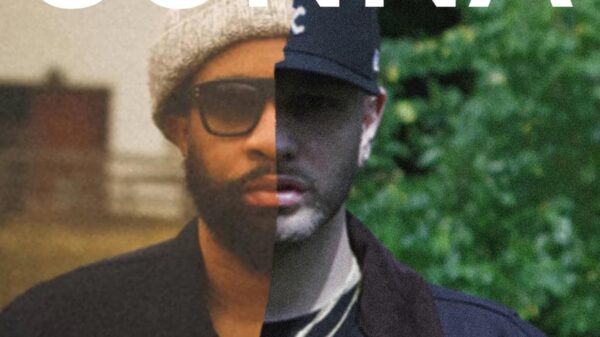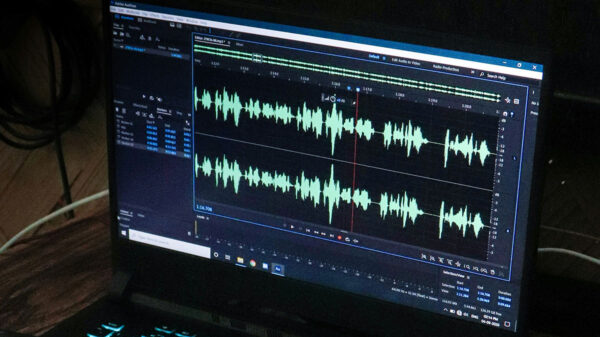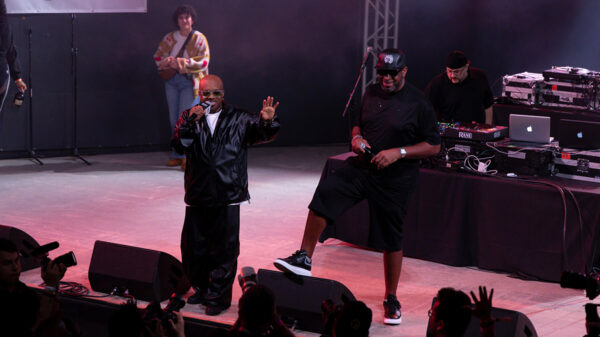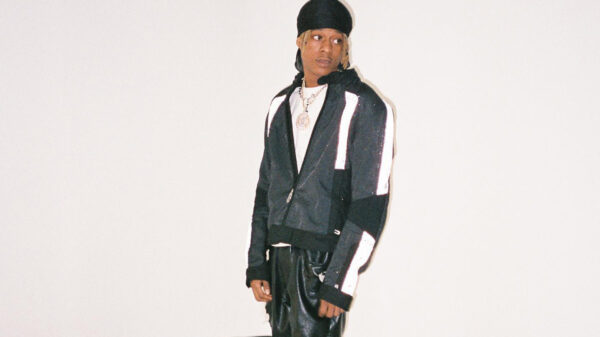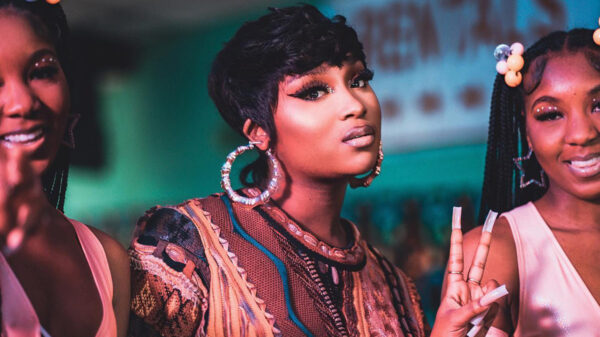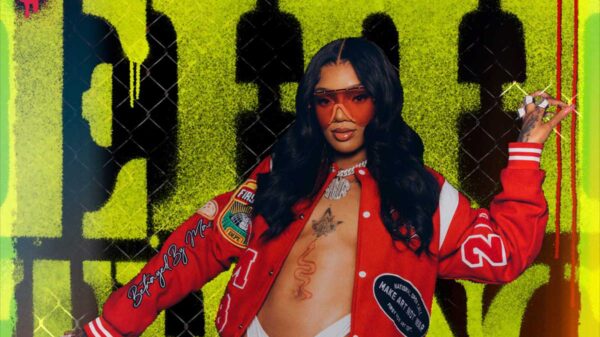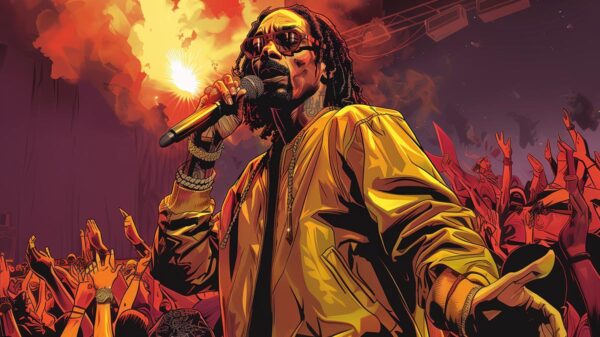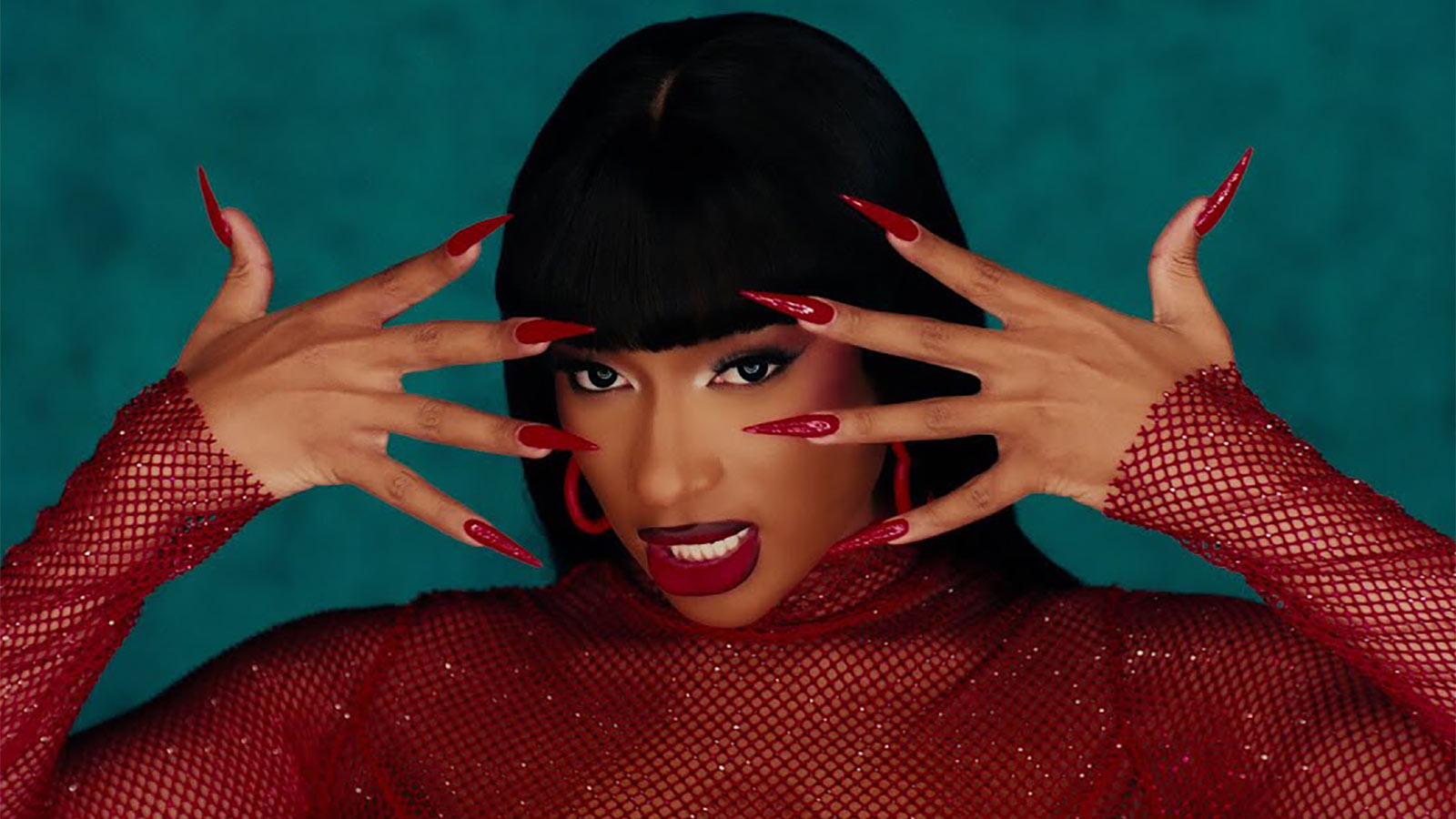Released last month, Houston-born rapper Megan Thee Stallion’s hit song “Hiss” is a textbook diss record. Fans and critics have suggested the track takes aim at multiple artists including Tory Lanez, Nicki Minaj and Drake. Minaj responded with her own track, “Big Foot” (a reference to Megan’s tall stature), but its weaker metaphorical content and flow mean it has failed to make the same impact.
Diss records are songs which intentionally dismiss, disrespect or mock others, usually fellow musicians. They are particularly prominent in hip-hop. But although the diss record came to prominence in rap songs during the mid-1980s, the concept is nothing new. Artists such as Lee “Scratch” Perry, Queen, The Beatles and Sex Pistols have all insulted a variety of people, bands and record labels in their music.
Until the first hip-hop records in 1979, the music and raps which helped shape hip-hop culture were performed at live events and shared as taped recordings. During that time, lyrics that centred on territory, skills and identity formed much of hip-hop’s content, which provided plenty of ammunition for dissing.
As a result, the diss became synonymous with battling, a phenomena where crews or individuals attempt to show and prove the superiority of their hip-hop practice against opponents.
The relationship between diss records and rap battles was crucial to the expansion of diss records during the 1980s. The Roxanne Wars is the most famous exchange of diss records, with over 50 releases by 35 different artists.
The Roxanne Wars
The Roxanne saga was triggered by an “answer-back” record (a song which responds directly to the content in another artist’s song) by rapper Roxanne Shanté, directed at hip-hop group U.T.F.O.’s 1984 hit “Roxanne, Roxanne.” Although Shanté was not the original target for their song, following her confrontational attack in “Roxanne’s Revenge,” U.T.F.O. released their own orchestrated answer-back, titled “The Real Roxanne.”
This musical altercation spawned diss records by other artists too, who took on personas such as Roxanne’s Doctor, Rocksann, The Parents Of Roxanne and Little Roxanne.
The Roxanne Wars fostered a new paradigm of diss records. Other multifaceted diss narratives, such as The Bridge Wars (initially between BDP and The Juice Crew), emerged, often driven by hip-hop territories.
Female pioneers
Looking back at the history of the diss track, it is the strength of female emcees that stands out. A year on from the Roxanne Wars, Brooklyn-born battle rapper Sparky Dee and Shanté went head-to-head on the six-track album Round 1.
Round 1’s producer, Spyder D, reworked the beats from Round 1 for a Sparky Dee battle track with The Playgirls, titled “The Battle.” The song was made up of several direct two-bar insults exchanged between the artists. In 1985, Shanté battled with male New York rapper Busy Bee Starski to be crowned best freestyle rapper, a title that many fans argue she should have won. However, she lost due to judge Kurtis Blow’s alleged bias of not voting for a female rapper.
Throughout the 1980s, female rappers were often dismissed due to the patriarchal structure of rap. But the tenacious next wave of female rappers – including MC Lyte, Monie Love, Queen Latifah and Queen Mother Rage – constructed diss songs with deeper metaphorical complexity.
Possesions, territory and skills were still central subjects for diss lyrics, but a clear feminist positioning was emerging. MC Lyte’s “10% Dis” (1988) was a response to rapper Antoinette over a feud between Lyte’s crew, Audio Two, and Antoinette’s male producer, Hurby Luv Bug. Rather than solely diss Antoinette, MC Lyte aims several exemplary rap metaphors at Hurby.
In 1989, Monie Love and Queen Latifah presented one of the most committed yet subtle disses to the entire spectrum of the male-dominated music industry on “Ladies First.” Representing the idea of sisterhood with great clarity, the song consistently affirms they are “Strong, stepping, strutting, moving on.” They also offered an open invitation to battle without the gender bias: “The next man, or the next woman, It doesn’t make a difference, keep the competition coming.”
In the true essence of a complex diss record, Megan Thee Stallion’s “Hiss” contains both direct and suggestive metaphorical references. This leaves her audience with a clear idea of some of her targets, while leaving space for them to decipher others.
“Hiss” is at the forefront of hip-hop’s 2024 trajectory, yet clearly continues the attitude of the culture’s 40-year old diss record history.
Written by Adam de Paor-Evans, Research Lead at Rhythm Obscura / Lecturer in the School of Art, Design and Architecture, University of Plymouth
This article is republished from The Conversation under a Creative Commons license. Read the original article.
![]()
5 Ways to Support HipHopCanada:
- Submit Your Music
- Follow Canadian Fresh (HipHopCanada’s Spotify Playlist)
- Follow us on Instagram
- Follow us on X (Twitter)
- Like us on Facebook






